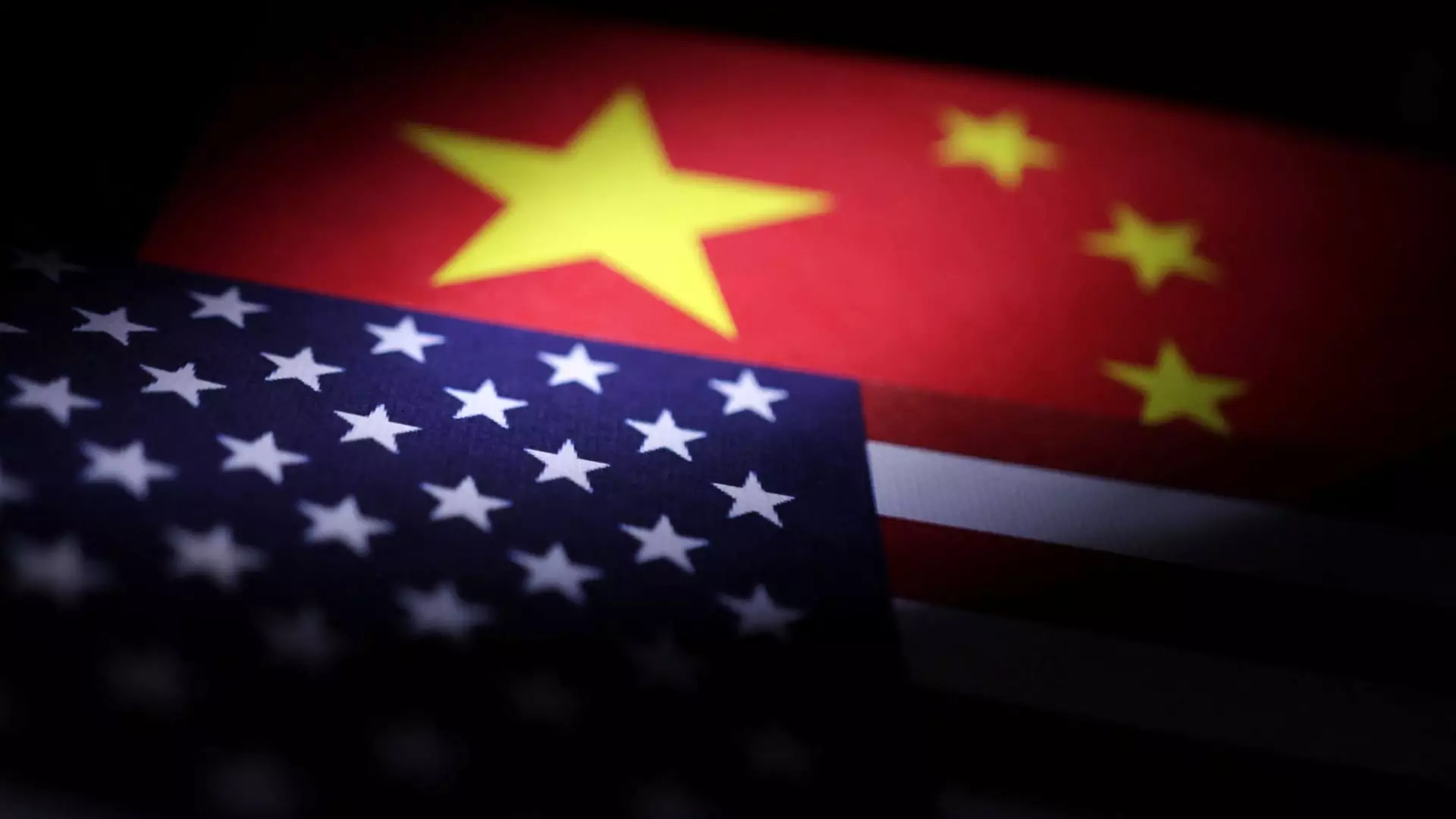The ongoing trade conflict between China and the United States is evolving into a geopolitical spectacle that threatens to ensnare several nations caught in the crossfire. Recent pronouncements from Beijing highlight a growing trend in which nations cooperating with the U.S. risk facing economic retaliation. While this situation may seem merely transactional to some, its implications could be catastrophic in fostering a “law of the jungle” mentality where might makes right. This sentiment proves that, amid economic woes, countries must tread carefully in their dealings to avoid becoming collateral damage in this highly charged rivalry.
The U.S.’s Pressure Tactics and China’s Response
As President Trump seeks to leverage tariff negotiations to limit China’s influence globally, he forgets that such pressure tactics can backfire. A staggering increase of 145% in duties on Chinese goods bears witness to a fractious strategy that may harm long-term international trade relations. China has steadfastly vowed to respond with its own escalated tariffs, reinforcing the idea that no one is safe from the repercussions of an aggressive American stance. The Chinese Ministry of Commerce’s warning signals that further actions are imminent, positioning China as a formidable player not just in trade but also in a calculated geopolitical game.
China’s Offense: Tariffs and Blacklists
By raising tariffs on American imports to a steep 125% and restricting critical mineral exports, China is effectively demonstrating its resolve. The introduction of blacklists targeting smaller U.S. companies paints a picture of a retaliatory economy that seeks to safeguard its interests aggressively. While such measures may bring short-term satisfaction to domestic hardliners, they can also shut down avenues for fruitful dialogue. Instead of establishing a cooperative atmosphere, these punitive actions may lead to entrenched positions on both sides, making future negotiations exceedingly difficult.
Xi Jinping’s Strategic Alliances
Xi’s recent diplomatic tour of Southeast Asia underscores a strategic pivot, solidifying trade relationships with countries like Vietnam, Malaysia, and Cambodia. This outreach reflects a broader calculation to break the stronghold of U.S. influence in the region. It showcases a newfound determination to find allies that oppose what Beijing perceives as American unilateralism. Although the trade landscape is shifting, it is important to realize that forming new alliances will require the establishment of trust—something that’s increasingly rare in a fractious global atmosphere.
The Uncertain Path Ahead
As the tension mounts, analysts remain skeptical regarding any immediate resolution to the U.S.-China standoff. While Trump’s optimism suggests a deal might be just around the corner, the existing dynamics indicate otherwise. As long as both nations remain locked in a battle of wills, the broader international community will have to brace for turbulence. Countries navigating these murky waters must consider their own strategic interests carefully, while also weighing the risks of becoming entangled in a dispute that could inadvertently destabilize their economies.
In this high-stakes environment, it becomes clear that unchecked escalation on either side will spell disaster, not just for the nations directly involved, but also for those that dare to choose sides. The need for diplomacy and de-escalation has never been more urgent as the world watches this drama unfold on an economic stage.

